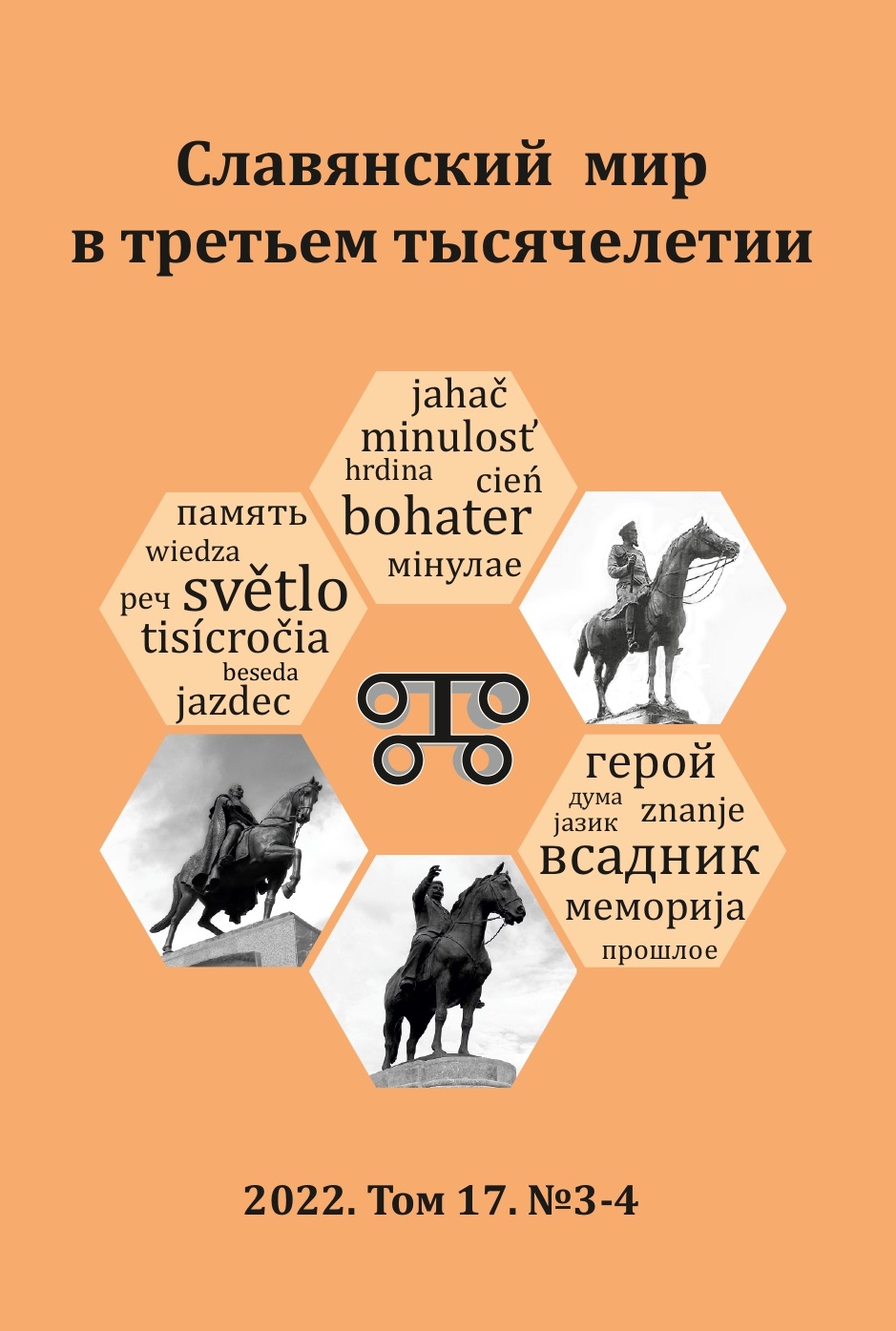Funeral and Memorial Rites of Pontic Greeks of Sochi (Based on Field Materials of 2022)
DOI:
https://doi.org/10.31168/2412-6446.2022.17.3-4.09Keywords:
Traditional Greek culture, ethnolinguistics, Pontic Greeks, Pontic dialect of the Greek language, funeral and memorial rites, Greeks of RussiaAbstract
This article analyses the material collected during an ethnolinguistic expedition to the Pontic Greeks of Sochi, which took place from the 15th to 25th of July, 2022. In the settlements of Krasnaya Polyana, Lazarevskoye, Adler, Sochi (center), Lesnoye, and Galitsino, the Pontic dialect of the Greek language and the characteristic elements of traditional Pontic culture are preserved to this day. The Greek population arrived in this region in the second half of the nineteenth century. The first settlers fled from
the Ottoman Empire to Russia and historical memory of these events is still preserved. The Pontic funeral and memorial rites are structurally similar to the East Slavic and Greek ones. Some Pontic death-related lexemes are similar to Greek, while others differ (for example, the Pontic verb monázo ‘to keep vigil over a dead body’). A number of ritual elements (such as throwing flowers behind a funeral procession or distributing gifts at a funeral) were borrowed by the Pontians from their Eastern Slavic neighbours. Of particular interest is the use of objects associated with the deceased in magical rituals. One Pontic funeral tradition is the special way of decorating the funeral dish (kukía). The article also describes the changes in funeral rituals during the Soviet era, such as the increased role of ritual specialists and the custom of reading the Psalms for the deceased at home.
Received 2 November 2022.
How to cite: Klimova, K.A., Nikitina, I.O., 2022. Pokhoronno-pominalʹnyi obriad pontiiskikh grekov g. Sochi (po polevym materialam 2022 g.) [Funeral and memorial rites of Pontic Greeks of Sochi (based on fi eld materials of 2022)]. Slavic World in the Third Millennium, 17 (3–4), pp. 160–178.



